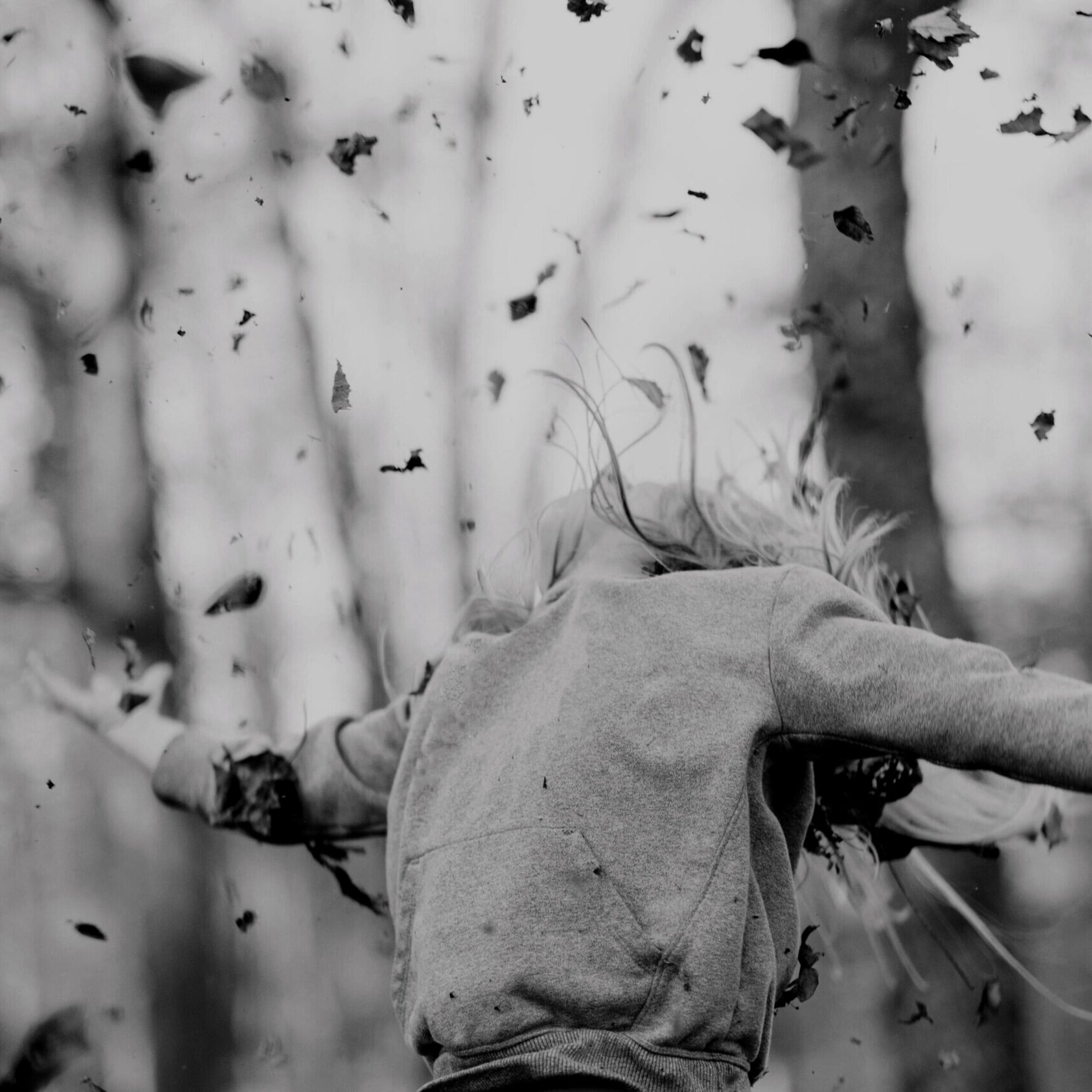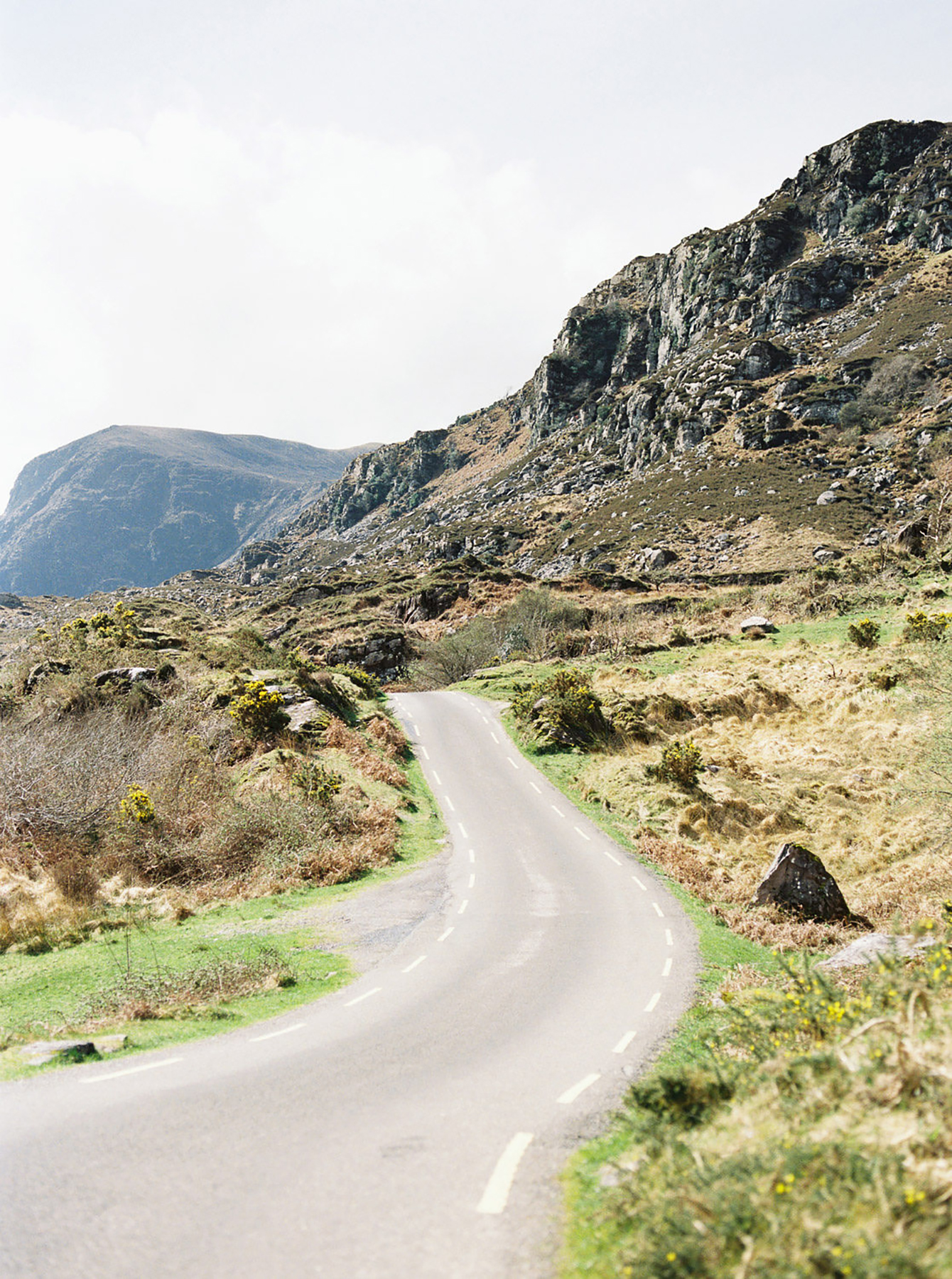If you could turn towards me, witness me, acknowledge me, so we can be together in the grief then I promise I will loosen my grip. Your Pain
Disentangling ourselves from the chains of childhood trauma is not meant to be a linear process. Too many of us find ourselves trapped in a cycle of blaming our parents for our childhood trauma, but it’s time to break free from this mindset.
Not everything is your parents’ fault – they too were once victims of their circumstances. Yet, it’s crucial to understand that we carry the power to break the cycle. It starts with changing the narrative. The pain you didn’t choose? It’s not your fault. The healing and peace you deserve? That’s your responsibility.
In The Origins of You by Vienna Pharaon, she carefully crafts the warning of not intersecting trauma and gift. She speaks of a shift at some point where our gifts are either motivated by the pain, by the trauma, or by the wounding rather than motivated by the healing. When we can step into the awareness that I can still have this gift even though I’m tending to my pain. It’s such a beautiful and remarkable opening and invitation.
Don’t just become parents, evolve into parenthood. Take the reins of transformation and become the architects of a healthier lineage. Let’s break free, heal, and rewrite our stories, one episode at a time. Tune into the latest episode on the Really Personal Podcast for more soulful insights.
It’s time to realize your troubles today are not solely the result of your upbringing.
How to Heal Childhood Trauma
#1: It was not your fault.
Realize it had nothing to do with you, it was not your fault. You were unlucky enough to inherit someone else’s suffering and delusion.
#2: Acceptance
It’s important to accept. It’s important to realize you are never going to get rid of childhood trauma. You’re never going to stop feeling the effects of it. It has been built into us at such a young age and manifested in so many different ways. You simply cannot rewrite your childhood or discover why you ended up with your parents. Focus more on sitting with the pain, and letting healing be a driving force in your life.
#3: A mindset change.
Realize that you can drastically reduce the impact of this trauma, and stop it from dictating every aspect of your life.
#4: Healing takes time.
Avoid trying to do many things at once. Remember healing from trauma takes time, and it’s not a linear process. Healing trauma is a process that doesn’t have to be rushed.
#5: Healing is a process.
You need to heal to feel. It’s a process, one that we continue to hone, finesse, and work on in our lives. We don’t arrive at a destination of being trauma-free. Remind yourself of this so you’re not rigid or perfectionistic in the healing process.
#6: Seek help.
In addition to therapy, induce other healing practices. A practice like going for a walk, yoga, taking a cold bath, journaling, praying- anything that brings a flood of dopamine, oxytocin, serotonin, or endorphins.
Book Recommendation










+ show Comments
- Hide Comments
add a comment